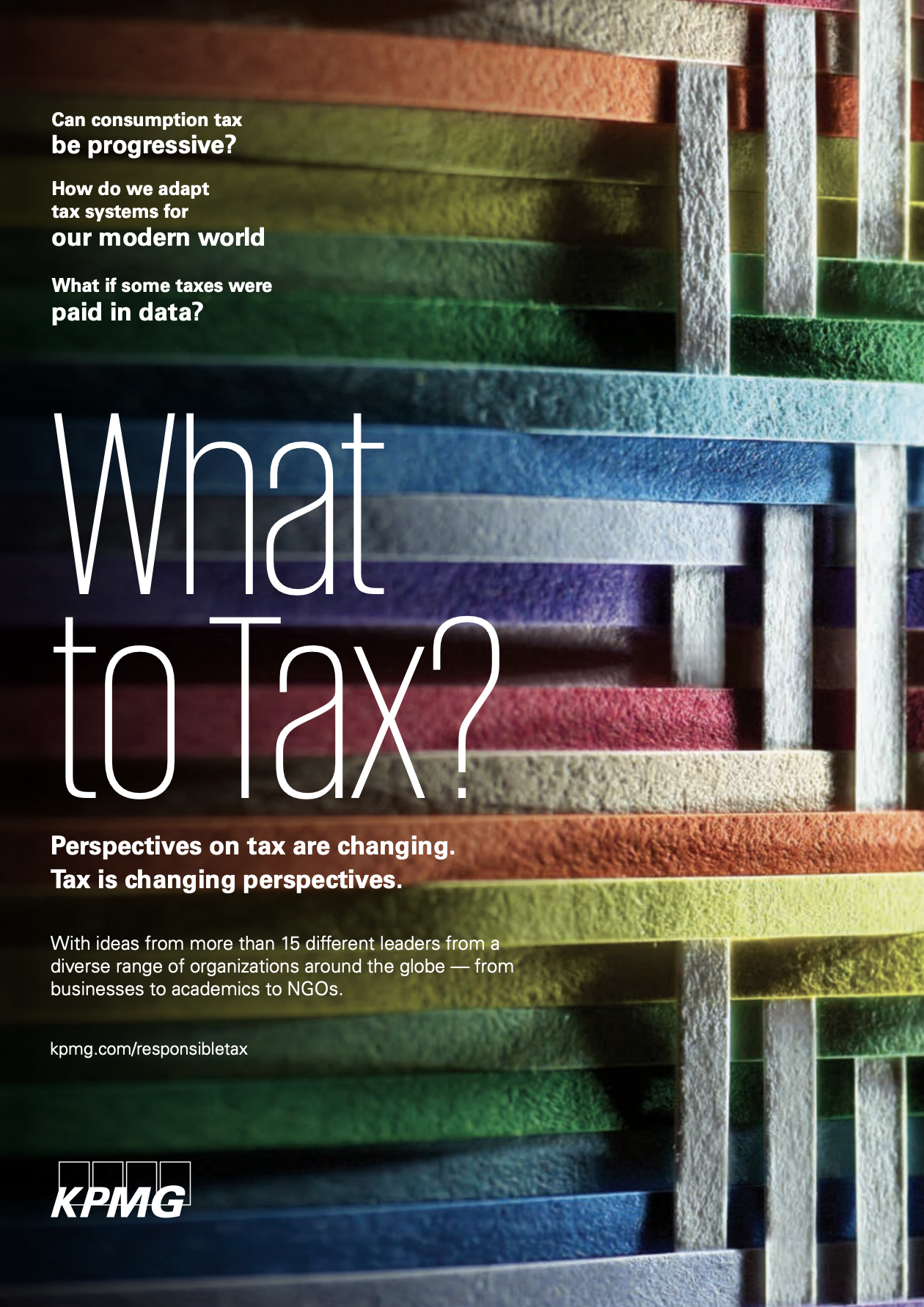Limitariansm: The Case against extreme wealth
Philosopher and economist Ingrid Robeyns sheds light on the alarming extent of our wealth problem, which has quietly escalated over the past 50 years. She proposes placing a hard limit on the wealth that any one person can accumulate in her book Limitarianism: The Case Against Extreme Wealth…
Our Heritage 2040: Community Update March 2024
Welcome to the latest Our Heritage 2040 Newsletter.
January marked a landmark in the progress of Sizewell C when the Development Consent Order (DCO) was officially triggered. The two-reactor nuclear power station will generate 3.2 gigawatts (GW) of electricity - enough to provide 7% of the UK's needs. Sizewell C could power the equivalent of about six million homes and generate electricity for 60 years.
Global responsible tax – Will wealth taxes work?
KPMG International hosted this roundtable discussion, which focused on the UK but with global implications, to explore the potential role of wealth taxes in addressing the widening wealth gap and fostering a fairer society; their effectiveness and feasibility and any potential unintended consequences and potential behavioral responses from individuals; diverse international approaches to wealth taxation; challenges around implementation and enforcement; as well as alternative policy options to address these issues.
An Uneasy Interdependence: When Science Meets Power
We interviewed Sir Geoff Mulgan, as part of our Jericho Conversations series. ‘When Science Meets Power’ is the timely title of Sir Geoff Mulgan’s new book, the themes of which were explored in this conversation.
Part 2 | Putting Tax to Work: Tax Policy and the Changing Nature of Work
Jericho and KPMG International hosted this conversation as part of the Global Responsible Programme to explore how tax policies can adapt to meet the changing needs of the labour market and emerging industries. This discussion, one of two initial scoping roundtables, the other on the Global North, sought to illuminate some of the critical issues and questions at play on work and tax before a series of deeper dives in early 2024.
This conversation, focusing on the Global South, looked to discuss the unique set of intersecting challenges including the prevalence of informal work arrangements, a burgeoning youthful population and a potential crisis of unemployment, technological disruptions, skills shortages, and gender disparity in labour participation rates.
Can the design and practice of tax approaches play a pivotal role in effectively addressing these growing issues while simultaneously fostering economic growth, promoting sustainability, utilising the potential of a young workforce, and addressing skills shortages - without discouraging entrepreneurship and innovation?
The conversation was held under the Chatham House Rule (which means nothing can be attributed to attendees) and was attended by seven expert participants.
Part 1 | Putting Tax to Work: Tax Policy and the Changing Nature of Work
Jericho and KPMG International hosted this conversation as part of the Global Responsible Programme to explore how tax policies can adapt to meet the changing needs of labour markets, business, economic and social needs. This discussion, one of two initial scoping roundtables, the other covering the Global South (add link when available), sought to illuminate some of the critical issues and questions at play regarding work and tax before a series of deeper dives in specific areas in 2024.
This conversation, focusing on the Global North, looked to discuss the set of intersecting challenges including an ageing population and retirement security, hybrid, remote and cross-border working, the complexities of the ever-expanding gig economy and AI disruption.
Can the design and practice of tax approaches play a significant role in adapting to the changing demographic landscape and ensuring a stable fiscal foundation? What part has tax to play in facilitating lifelong skills training? Can tax frameworks be engineered to incentivise responsible AI deployment while protecting workers from potential job displacement or income loss?
The conversation was held under the Chatham House Rule (which means nothing can be attributed to attendees) and was attended by thirteen expert participants.
Part 2 | Tax and Carbon: Carrot or stick? Virtual roundtable
As the race to respond to the climate emergency and fund the green transition intensifies, the US' Inflation Reduction Act (IRA) and the EU's Green Deal (including its Carbon Border Adjustment Mechanism (CBAM)) have emerged as significant pieces of legislation, generating global debate about how best to reach net zero targets. As multinational companies navigate these twin policy landscapes, new challenges, tensions and opportunities are emerging.
Jericho and KPMG International hosted this conversation as part of the Global Responsible Programme to explore how multinational companies are responding to these policies, which approach is likely to be more effective (incentives or carbon pricing – or perhaps a combination of both), how low-income or vulnerable economies might be affected and how China, which currently dominates several environmental technology supply chains, may respond to exclusive subsidies and rising carbon costs.
The conversation, which focussed on perspectives from the UK, EU and Asia Pacific region, was held under the Chatham House Rule and was attended by nine expert participants.
Part 1 | Tax and Carbon: Carrot or Stick? Virtual Roundtable
As the race to respond to the climate emergency and fund the green transition intensifies, the US' Inflation Reduction Act (IRA) and the EU's Green Deal (including its Carbon Border Adjustment Mechanism (CBAM)) have emerged as significant pieces of legislation, generating global debate about how best to reach net zero targets. As multinational companies navigate these twin policy landscapes, new challenges, tensions and opportunities are emerging.
Jericho and KPMG International hosted this conversation as part of the Global Responsible Programme to explore how multinational companies are responding to these policies, which approach is likely to be more effective - incentives or carbon pricing - or perhaps a combination of both, and how low-income or vulnerable economies might be affected.
The conversation, which focused on perspectives from the UK, EU and US, was held under the Chatham House Rule and was attended by nine expert participants.
Global Responsible Tax Thought Leaders Group: Global Institutions for Better Tax Policy
Jericho and KPMG International hosted this conversation (as part of the Global Responsible Tax Thought Leaders Group) to take a deeper dive into what global institutions are needed for better tax policy and how to address the challenges, changes and opportunities in a world in flux.
The conversation was held under The Chatham House Rule and was attended by 16 expert participants.
Business and Democracy: What’s the Problem? Interim Report from the Business and Democracy Commission
The Interim report, explores the key challenges in the evolving relationship between business and democracy. Download a copy of the report here.
The Business and Democracy Commission Interim Report Launch Webinar
Jericho's Matthew Gwyther, was joined for a panel discussion led by the Commission's Chair, Sir Ian Cheshire and Commissioner Robin Hodess, Strategy Lead for the B Team to laucnh the Interim Report.
























The Interim report, explores the key challenges in the evolving relationship between business and democracy. Download a copy of the report here.